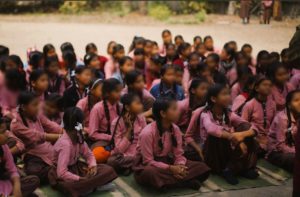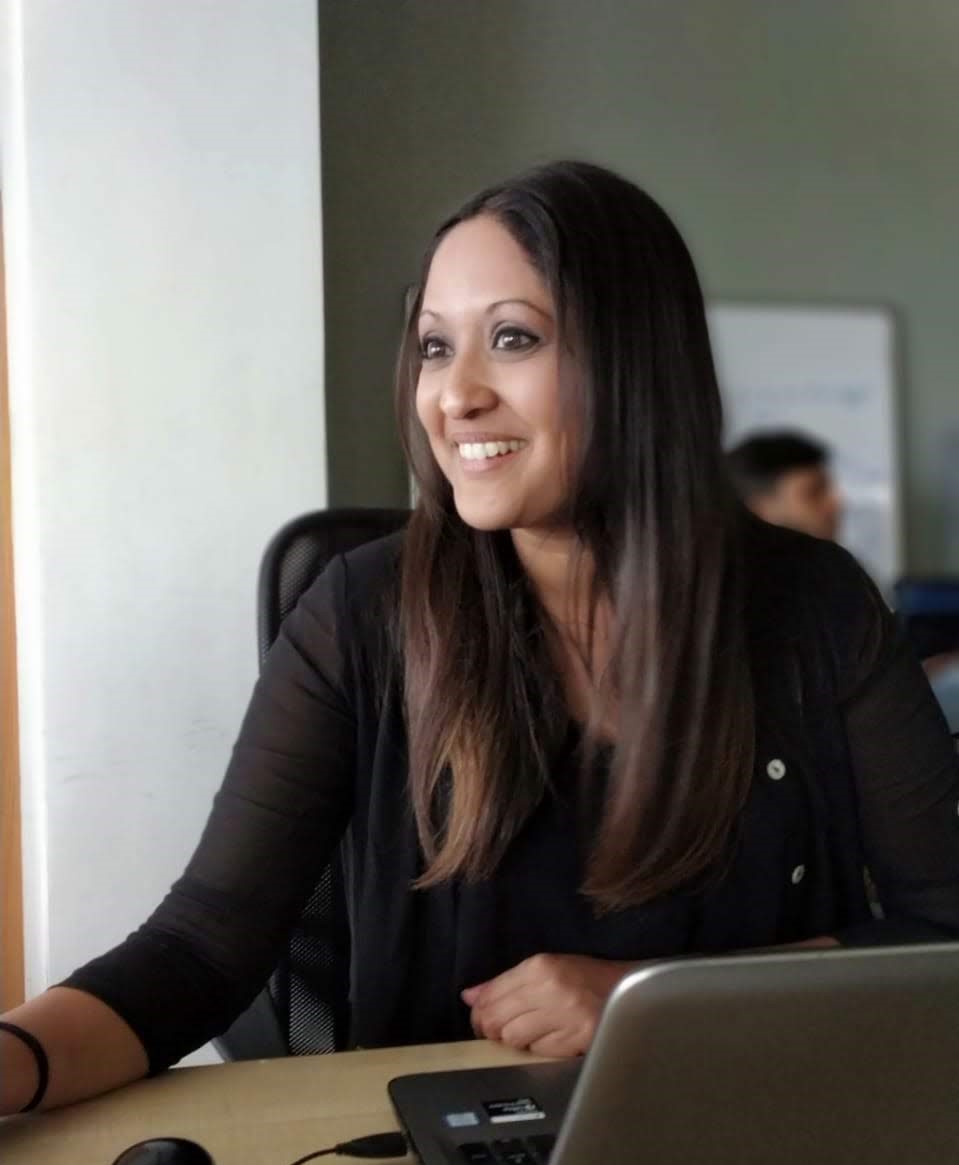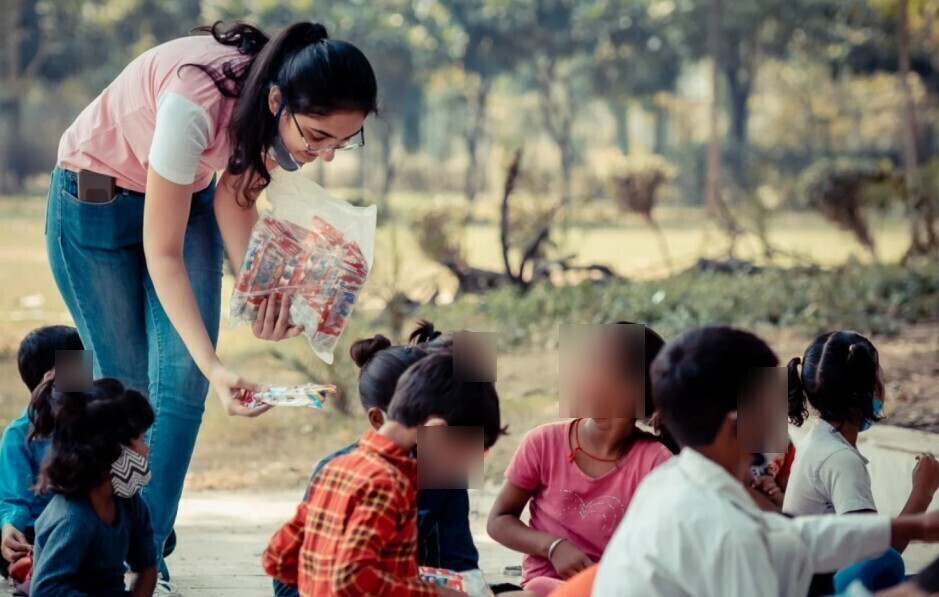PERIOD poverty is when girls and women have zero access to menstrual products and no awareness of what a period is and how to manage menstruation. This is due to being too poor to afford menstrual products and the stigma against periods which means periods were never discussed or taught. But since menstruation is a natural and vital process to sustain life on Earth, these services and resources are essential. Its absence is what is called period poverty, a state in which girls and women suffer from poor health and are unable to attend school or work because of the lack of proper resources or environment. Period poverty impacts around 500 million girls and women across the world and this includes females in India.
Ending period poverty requires a two-fold approach: access to menstrual products such as sanitary pads and educating people about menstruation. When these two aspects are addressed, girls and women across India can have safe menstruation and remain in good health, allowing them to access education and employment opportunities and live in better health. Give.do’s Mission: End Period Poverty is working toward achieving this goal by distributing free sanitary pads and conducting workshops to educate people about periods. Mission: End Period Poverty partners with established NGOs who are on-ground carrying out this important and life-changing mission.

What is the opposite of period poverty?
When girls are raised in an environment in which they are taught about periods, encouraged to ask questions about it, made to feel comfortable and are not exposed to any taboos or stigma associated with periods, she grows up to embrace menstruation as a normal part of life and ensures she has access to the resources needed. In stark contrast to this is the young daughter of the household help in a home where a girl named Khyati Gupta lived.
Who is Khyati Gupta?
Khyati saw blood stains on the dress of her household help’s daughter and asked whether she had forgotten her sanitary pads. The daughter replied that she couldn’t afford sanitary pads or other products. This sparked something in Khyati, who was only 16 years old at the time. Khyati started researching more about this and found out that, just like the daughter, there are many Indian girls and women who cannot afford period products and are forced to use pieces of cloth, cow dung, clumps of hay, ash and other objects. These objects are unsanitary and cause infections and serious illnesses.
Khyati talked to her father about starting an organization that would provide underprivileged girls and women with free sanitary pads and also educate them and others about what menstruation is. Khyati and her father started Pinkishe Foundation in 2017 and since then the NGO has distributed 3.4 million sanitary pads, conducted more than 2,000 awareness workshops and impacted the lives of over 410,000 girls and women. Pinkishe Foundation is a part of Mission: End Period Poverty which aims to support. more girls and women.
In this video, Khyati describes what girls and women from underprivileged backgrounds go through when they get their periods. She explains that the root of this suffering is poverty and once that is addressed, the lives of countless girls and women will see a permanent improvement. But until then, the intervention of Mission: End Period Poverty is crucial. Because, without it, there is no end in sight to the suffering of girls and women from marginalized communities. To support Mission: End Period Poverty, you can donate here.
How Mission: End Period Poverty empowers girls and women
Mission: End Period Poverty targets two main areas: period products and awareness. Its NGO partner Pinkishe Foundation distributes period kits that contain free sanitary pads, underwear and a leak proof pouch. The NGO teams also conduct awareness workshops to teach girls what periods are and provide information to help them understand their bodies, their periods and have better menstrual health.
What is good menstrual health?
The Global Menstrual Collective identifies these 6 areas for girls and women to be in good menstrual health:
- access to information about what periods are and how to manage them
- access to menstrual products including sanitary pads
- access to facilities such as washrooms with clean running water
- access to medical care for period-related conditions
- a positive environment without taboos or stigma against periods
- and the freedom to participate in all areas of life without discrimination
While the needs mentioned above can be met with adequate access to resources, what is difficult to overcome is discrimination against girls and women who are menstruating. The perception of periods as “unclean” has deep roots in cultural practices that have not faded despite our understanding of menstruation as a normal part of human life. But this negative perception can be overcome with education. Mission: End Period Poverty’s two-fold focus includes educating not just girls and women, but also members of families, schools and local communities to help them understand that periods are not mysterious or a curse; it is simply another function of the human body.
Support Mission: End Period Poverty each month
What happens once girls and women have access to period products? Girls are able to go to school, women are able to go to work and both can now participate in daily life and build their futures.
When you become a partner with Mission: End Period Poverty, your monthly donation ensures that each month, girls and women from poor communities have sanitary pads to help them study, work and live. To support Mission: End Period Poverty:
–
Give’s mission is to “make giving bigger and better.” Give is the most trusted donation platform in India for fundraisers and crowdfunding campaigns. Through our technology solutions, we enable individuals and organisations to fundraise and donate to a cause, charity or NGO with trust and convenience. Give’s community of 2.7M+ individual donors and 300+ organisations supports 3,000+ verified nonprofits with 80G deduction and serves 15M+ people across India. Find a fundraiser today!

Shirley has been in the development sector for over 10 years and is passionate about making a change in the world around her, including adopting dogs and writing to make a difference.
Discover more from
Subscribe to get the latest posts sent to your email.

